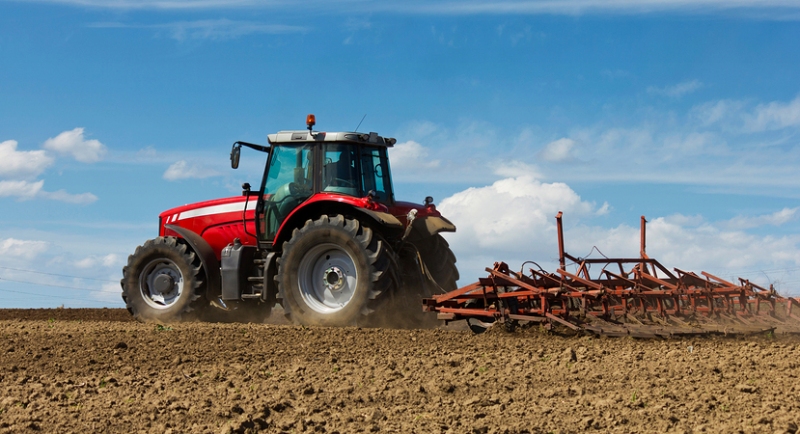Dirt is everywhere. Playgrounds, parks, backyards, farms…we’re so used to seeing it all around us that it can be easy to overlook the important role it has in the world.
Soil is a home for many living organisms, providing nutrients and stability that enable plant growth. When soil is lost through erosion, contamination, or overuse, so is a significant source of food, carbon dioxide absorbing plants and shade, making soil conservation vital to the health of the environment.
The Effects of Tilling on the Environment
Traditionally, farmers have tilled (or plowed) their land to plant crops. But it has been discovered that regular tilling can negatively impact the environment.
Tilling contributes to soil erosion by destroying beneficial fungi and earthworms. It also releases carbon dioxide into the atmosphere, contributing to climate change. And, when there’s a heavy rainfall, degraded soil is much more susceptible to being washed away, polluting our bodies of water.
Enter: Soil-Conservation Farming
The goal of soil conservation is to keep soil healthy. One practice gaining in popularity among farmers is soil-conservation farming. This movement consists of unorthodox farming methods, such as leaving fields untilled and using cover crops, that serve to enrich the soil.
- Cover Crops. Cover crops (also called green manure) are rotated with cash crops to cover the soil year-round. These crops, some of which include rye, legumes and clover, suppress weeds, add vital nutrients back to the soil and enable soil to better absorb and retain water.
- No-Till Farming. No-till farming is a method of growing crops that doesn’t disturb the soil. Crops are left intact after each season, instead of being plowed, keeping the soil in place and unexposed to the harsh effects of inclement weather.
These farming methods, which mimic the biology of pure soil, can minimize erosion, encourage plant growth and leave soil less vulnerable to runoff and the effects of droughts and floods. And when farmers reap these crops, they’re likely to reap the benefits of increased profits.
No-Tilling Drawbacks
More and more farmers are turning to soil-conservation farming as a better alternative to traditional farming methods, with no-tillage farming and the planting of cover crops both rising over the last several years.
Although these methods continue to be gaining more converts, they don’t come without criticism. Those preferring to stick with what they know and continue tilling list various reasons for doing so, including that no-tilling:
- Makes weed and pest control more difficult
- Places limitations on how early crops can be planted
- Leaves residue that is hard to handle
Even among those interested in switching over, many believe it isn’t practical, stating the upfront costs to do so aren’t affordable.
Looking Ahead
With issues such as soil erosion, rising energy costs, climate change and the potential for government regulation of agricultural pollution continuing to be of concern, no-till and other soil-conservation farming methods are becoming increasingly desirable.
But, for more farmers to be willing and able to adopt these practices in the future, their apprehensions will need to be addressed. Determining strategies for better weed control and eliminating cost as a barrier to entry are two ways to help more farmers feel confident about making the switch.
As more is learned about the benefits soil-conservation farming brings (to the environment, as well as farmers), and current processes continue be enhanced, plowing may one day become a thing of the past.
Sources:
Washington Post. (2013, November 9). No-till farming is on the rise. That’s actually a big deal.
The New York Times. (2015, March 9). Farmers Put Down the Plow for More Productive Soil.





Leave a Reply